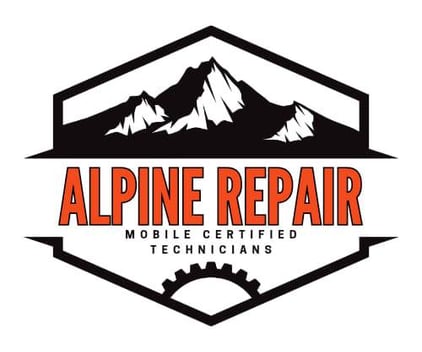
Vehicle Diagnostic Services
Specialized tools and techniques to identify and analyze issues affecting vehicle systems and components.
Vehicle Diagnostic Services
Specialized tools and techniques to identify and analyze issues affecting vehicle systems and components.
Quality Diagnostic Solutions


Reliable diagnostics for all vehicle systems to ensure optimal performance and safety.




Expert Diagnostic Analysis
Professional analysis of vehicle issues to provide accurate diagnostic solutions.
Comprehensive Diagnostic Services
Advanced Diagnostic Technology
Vehicle Diagnostic
Diagnostic services for vehicles involve using specialized tools and techniques to identify and analyze issues affecting various systems and components. Here’s a detailed description of what diagnostic services typically entail:
1. Diagnostic Tools and Equipment:
- OBD-II Scanner: This is a standard tool used to interface with the vehicle's onboard computer system (ECU - Engine Control Unit). It retrieves diagnostic trouble codes (DTCs) that indicate specific problems with the engine, transmission, emissions system, and other electronic components.
- Scan Tools: Advanced diagnostic scan tools can provide real-time data on engine performance, sensor readings, and system parameters. They help mechanics diagnose complex issues by analyzing data such as fuel trim levels, ignition timing, and engine temperature.
- Multimeter: Used to measure electrical voltages, currents, and resistance in circuits, helping diagnose electrical issues such as faulty sensors or wiring problems.
- Pressure Gauges and Vacuum Testers: These tools are used to diagnose issues related to fuel pressure, engine vacuum leaks, and hydraulic systems.
2. Diagnostic Process:
- Initial Inspection: The mechanic begins by discussing symptoms with the vehicle owner to gather information about the problem's nature and when it occurs (e.g., during acceleration, at idle, in specific weather conditions).
- Visual Inspection: A visual inspection of visible components such as belts, hoses, and connectors to check for obvious signs of wear, leaks, or damage.
- Computer Diagnostics: Connecting the OBD-II scanner or scan tool to retrieve trouble codes stored in the vehicle’s ECU. These codes provide a starting point for further diagnosis.
- Data Analysis: Analyzing live data streams from sensors to monitor engine performance, fuel system operation, emissions levels, and other parameters to detect abnormalities.
- Component Testing: Conducting specific tests on components such as sensors, actuators, and modules to verify their functionality and pinpoint the source of the problem.
- Road Tests: In some cases, mechanics perform road tests to replicate symptoms reported by the vehicle owner, allowing them to observe and diagnose issues that may only occur under specific driving conditions.
3. Interpreting Diagnostic Results:
- Troubleshooting: Using diagnostic charts, technical manuals, and experience to interpret diagnostic trouble codes and test results accurately.
- Identifying Root Causes: Narrowing down potential causes of the problem based on diagnostic findings, including mechanical failures, electrical faults, sensor malfunctions, or software glitches.
- Recommendations: Providing recommendations for necessary repairs or further diagnostic procedures based on the severity of the issue and the vehicle owner's preferences.
4. Communication with Vehicle Owners:
- Explanation: Clearly communicating diagnostic findings, recommended repairs, and estimated costs to the vehicle owner.
- Options: Discussing repair options and prioritizing repairs based on safety, reliability, and budget considerations.
Overall, diagnostic services play a crucial role in accurately identifying and resolving issues affecting vehicle performance and reliability. Skilled technicians and advanced diagnostic equipment ensure thorough and efficient diagnosis, helping vehicle owners maintain their vehicles in optimal condition.








Contact Us


Feel free to reach out to us for professional vehicle diagnostic services and solutions.


